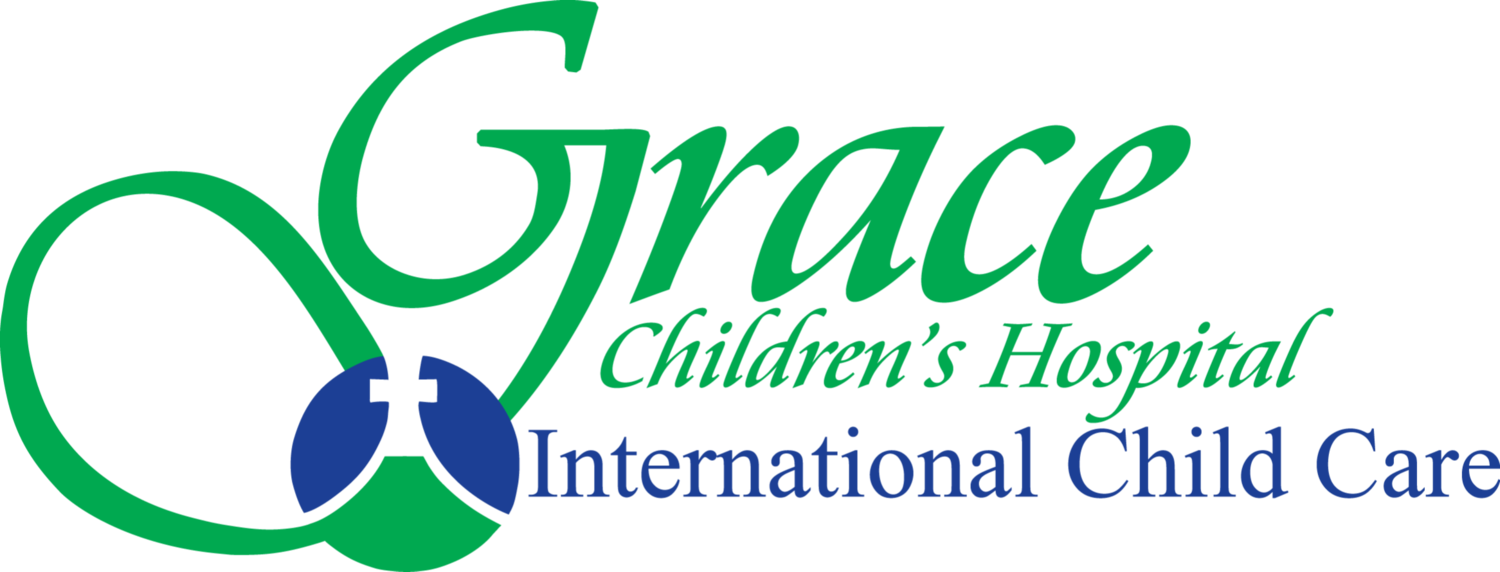Article by contributer Paola Maria Paniagua Tavarez
Rafy de Jesus Jimenez is one of the children of the Community Based Rehabilitation Program (CBR) in Santiago, Dominican Republic. He has been diagnosed with a psychomotor delay, which involves a slowing-down of thought and a reduction of physical movements. It is a condition through which his learning and social skills are affected due to mental impairment. Even though he is almost two years old, his cognitive and mental development is similar to a six-month old child.
Rafy is the youngest of five children. His father has been hospitalized several times due to renal failures. He is one of hundreds of informal workers in the country; he owns a street booth and sells raw chicken. His mother is a domestic worker, staying at home to care for Rafy.
When Rafy was born, he was hospitalized for 19 days. In his short two years of life, he has seen many doctors in Santo Domingo and Santiago. Sadly, his doctors have done little to improve his quality of life, or to educate the family about his condition.
According to the 2010 Dominican Republic census, psychomotor delay is the most common disability in the country. However, Dominican institutions are not creating the necessary public policies required to deliver health services for disabled people in rural communities; and there are very few initiatives that raise awareness about the necessities of disabled people among health care professionals. International Child Care (ICC) in the Dominican Republic, also known as Fundacion Cuidado Infantil Dominicano, functions as a critical resource for children with disabilities and their families.
ICC's Community Based Rehabilitation (CBR) program sends trained rehabilitation workers, called promotoras, into the homes of children with disabilities who live in and around the city of Santiago, Dominican Republic. At an affordable rate, the promotoras teach the child’s parents simple exercises that will help the child grow and develop. This grassroots approach empowers families to give their children the chance to be fully included in their own communities.
Rafy’s promotora visits him once per week for his lessons. Therapy is performed at his aunt’s house, as the Jimenez family home is too small, and can only comfortably accommodate two adults at one time.
Rafy has been part of the program for just two months. However, his parents are confident that the CBR program will help them face the challenges of Rafy's disability, together. They hope to increase Rafy’s cognitive development through the program. But more than that, they feels that Rafy is finally receiving the attention and understanding he deserves in life, thanks to his promotora.
“Being so poor, and without resources, we cannot provide him what he needs,” Rafy’s mom expressed. FCID is their only resource for help and education.
You can support the CBR program and children like Rafy by becoming an Ambassador for Health, or making a donation. Help ICC change the stigma of disability and help restore hope to children and families who need our support.

